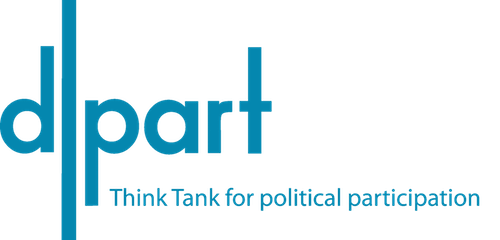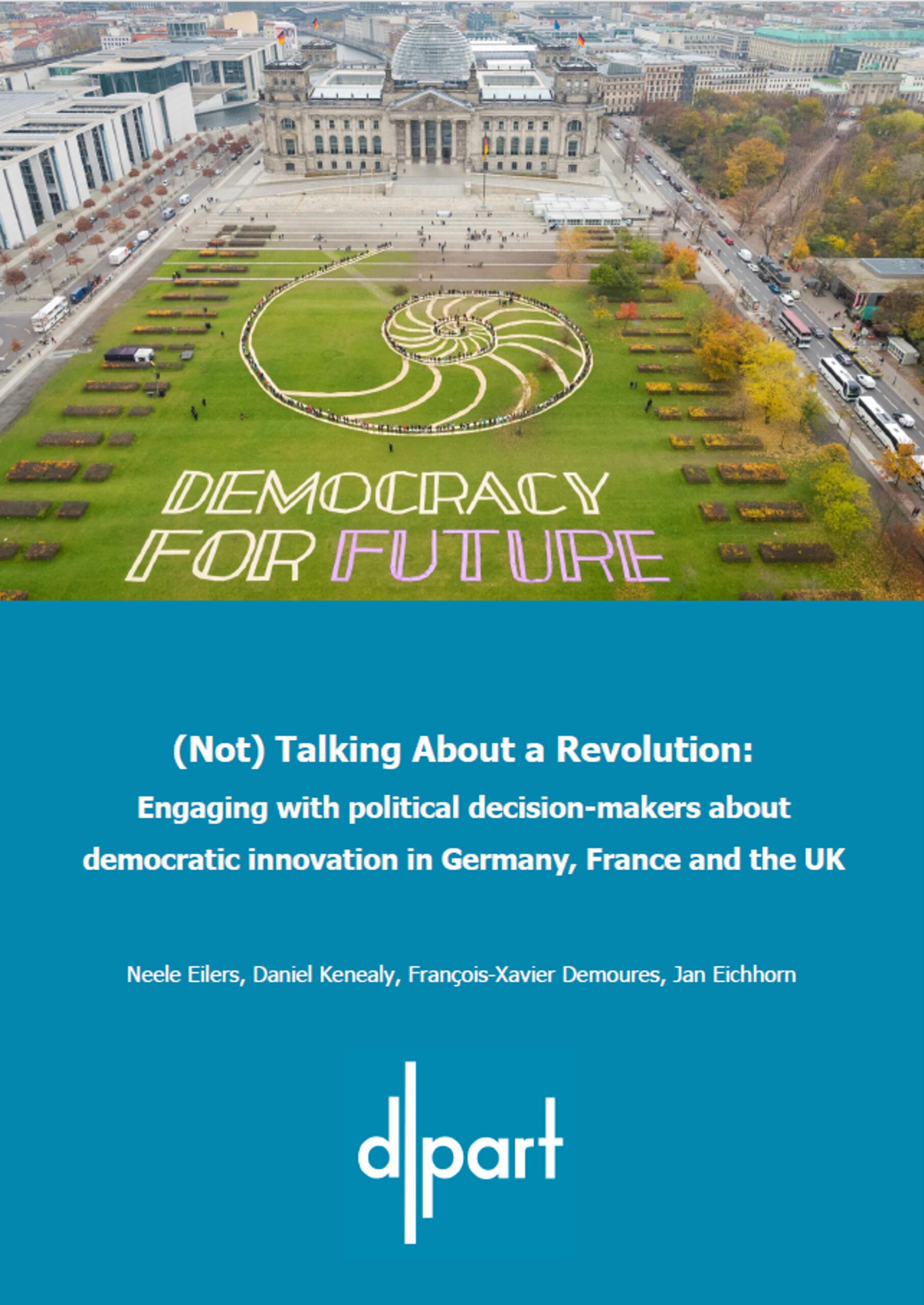To address the challenges representative democracies have been facing, new forms of political engagement – focussed on citizen engagement, participation, and deliberation between elections – have been developed and implemented in various contexts. While such democratic innovation has garnered much attention from democracy activists and researchers, many political decision-makers are not convinced by calls to embrace political participation outside of traditional electoral politics and conventional forms of consultation. But why is that? Are they simply worried about a loss of power? Or do they have specific concerns that advocates should understand better?
This report provides some answers to those questions. Synthesising the insights from in-depth interviews with 55 politicians, civil servants and policy professionals in Germany, France, and the UK, the report explores what such actors’ scepticism of democratic innovation is really grounded in. Using those findings, it offers key recommendations for how those advocating for democratic innovation might better engage in constructive dialogue with those inside the structures of representative democracy.
This project was coordinated by d|part (Neele Eilers and Jan Eichhorn) and carried out in cooperation with Daniel Kenealy (University of Edinburgh) and François-Xavier Demoures (Grand-Récit). The project was supported by a grant from the Open Society Foundation gGmbH in cooperation with the Open Society Foundations.

